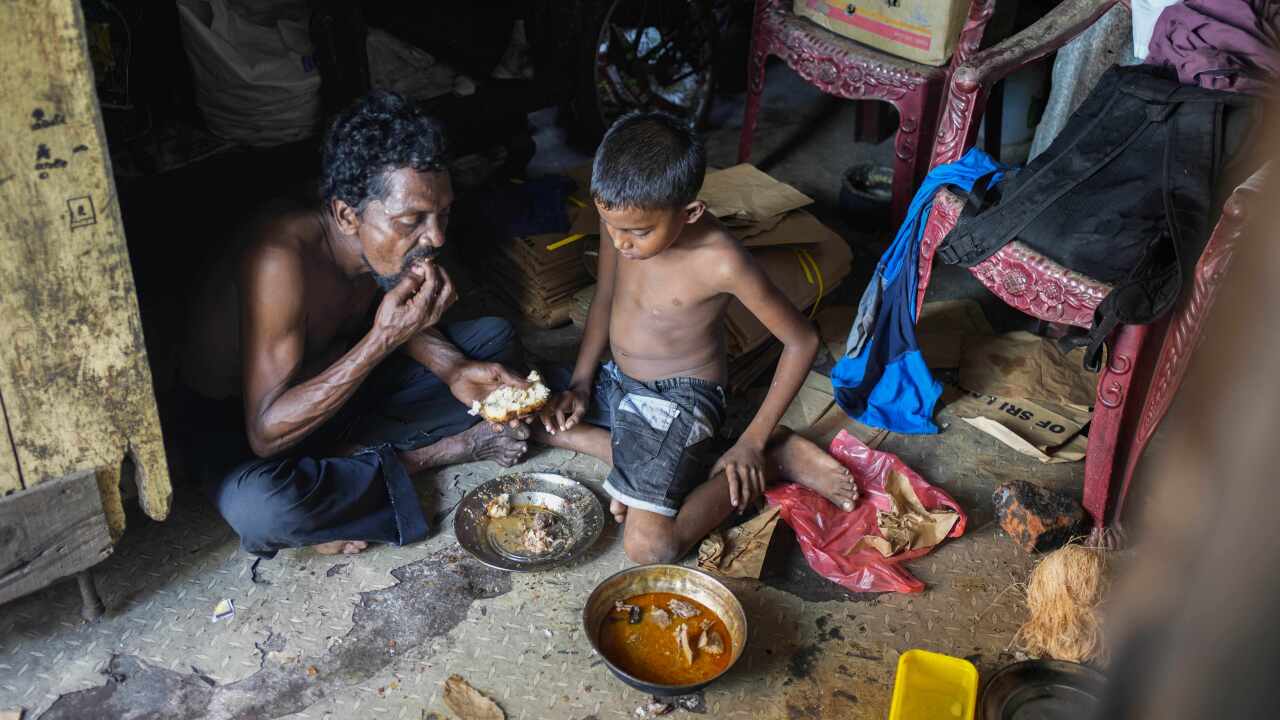COVID-19 has dealt the "biggest setback" to global poverty reduction efforts in decades, and the World Bank warned that the goal to eradicate extreme poverty by 2030 likely remains out-of-reach.
Poverty rose sharply during the pandemic, and the development lender estimates about 70 million people were pushed into extreme poverty in 2020 -- the biggest one-year spike since monitoring began in 1990.
The report offers the first tally of those struggling to live on less than $3.30 a day, the new global definition of extreme poverty, but follows many warnings from the global development lender that poorer nations are being left behind.
Earlier this year the institution warned that as many 95 million people would fall back into extreme poverty by the end of this year.
War in Ukraine, rising inflation and slowing global growth have put further pressure on the bank's mission to lift people out of poverty.
"Inflation, currency depreciations, and broader overlapping crises" point to a grim outlook, World Bank President David Malpass said in a statement.
"Progress in reducing extreme poverty has essentially halted in tandem with subdued global economic growth," he said.
Global extreme poverty had fallen to 8.4 percent by 2019 from 38 per cent in 1990, but the pandemic triggered the first rise in more than two decades.
Amid the setbacks the report projects global extreme poverty rate for 2030 will only fall to seven per cent, or nearly 600 million people.
Sub-Saharan Africa accounts for 60 per cent of all people in extreme poverty, according to the bank, and history-defying growth rates for the rest of the decade would be needed to hit poverty reduction targets.
While wealthy countries generally had the resources to cushion the economic blow from the pandemic, this was not the case for developing economies.
Income losses of the world's poorest countries were twice as high as in their richer counterparts, causing global inequality to rise for the first time in decades, the report said.
"Over the next decade, investing in better health and education will be crucial for developing economies," said World Bank Chief Economist Indermit Gill.
Governments should favor targeted cash transfers over broad subsidies to support poor and vulnerable groups, the World Bank added.
It also urged for measures like property and carbon taxes which can raise revenue without hurting the poorest.

